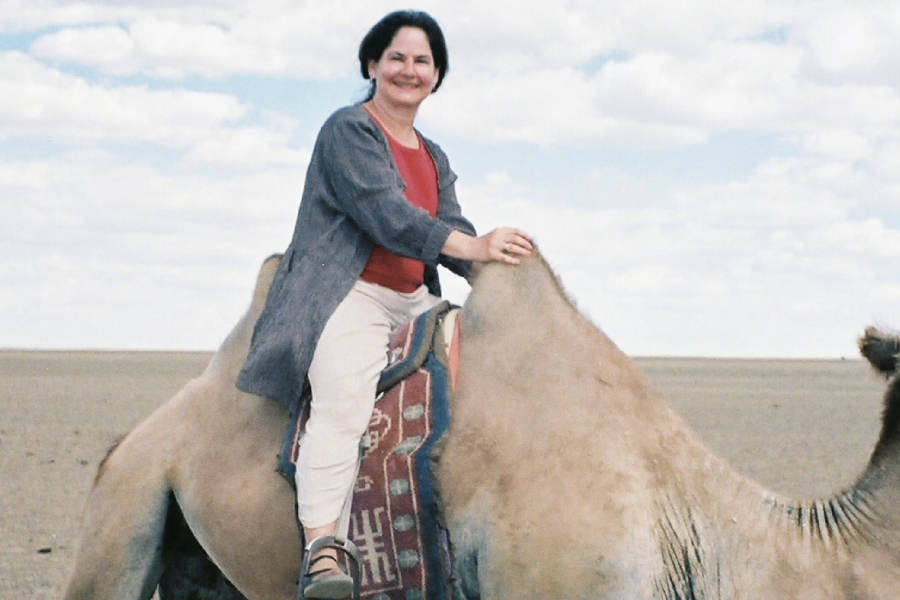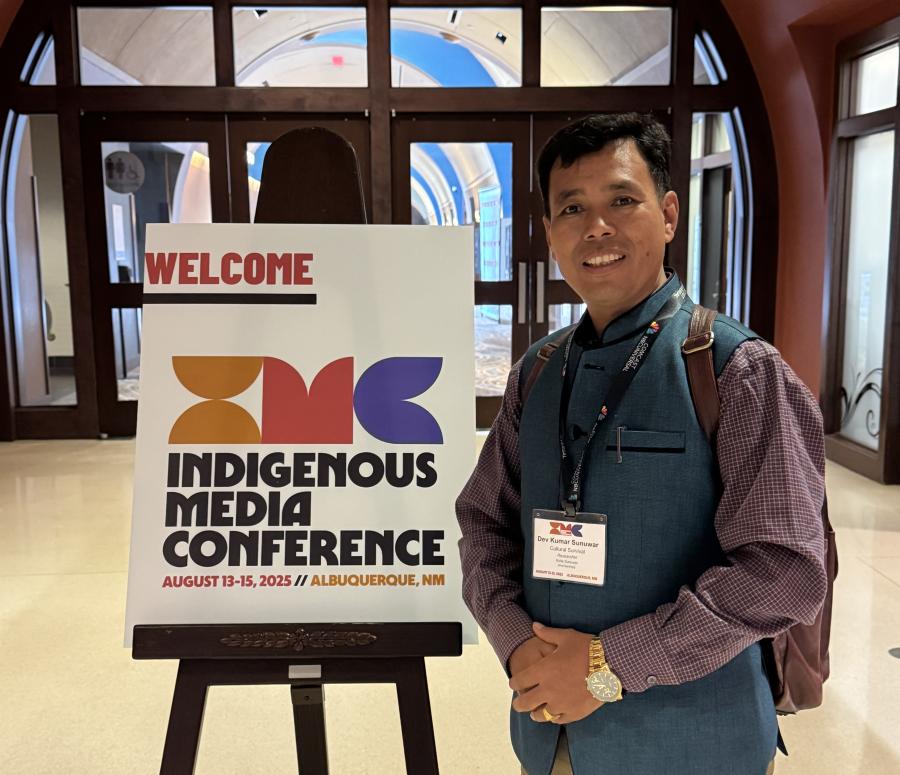The Final Political Declaration produced at the recent World Summit on Sustainable Development in Johannesburg, South Africa, received criticism from a number of different angles. Most all of the critiques argued that the document did not effectively address the world’s most pressing problems, including poverty, environmental degradation, and the social and political problems found nearly everywhere. Underlying this criticism is a deep-seated cynicism ingrained over the years in part by numerous broken promises by international institutions. That the lofty goals articulated at the World Summit in Rio de Janeiro 10 years ago were largely abandoned hardened the skeptical stance of many.
At the heart of the critiques is an apprehension that the powerful ultimately decide what gets done and what does not. The most powerful–and to many, the most malign—are those institutions that support the world capitalist system. This system creates an ineluctable and insatiable drive for short-term profit, which in turn results in an economic planning and political decision- making process that is dominated by a focus on the present rather than the future.
Efforts to impel economic planners to take into account long-term interests have been met with solid resistance by many in the business community who assert that all forms of external regulation should be kept to the barest minimum. Underlying this claim is an ideological faith in the market system and a belief that a market without fetters will produce positive results in the long run, in spite of the obvious short-term setbacks experienced by a majority of the world’s population. Thus, the brute fact that there has been a spike in wealth disparities over the past several decades while the environment continues to deteriorate curiously does not undermine this position. The standard retort says that the environment and much of the world’s population will necessarily suffer in the short run in order to facilitate a positive outcome in the future.
Naturally, this requirement does not sit well for those who are enduring the increased privation. That the argument is constructed by wealthy people and institutions only serves to deepen the skepticism.
The term “sustainable development,” the theme of the Johannesburg summit, reflects an effort to appease both the powerful and the disenfranchised. Given certain interpretations, this pairing can be seen as an oxymoron, or at the very least creating semantic tension. “Development” connotes progress and, hence, change. And when most people speak of development and progress they refer to a capitalist model and ideology that has been created and interpreted in Europe and North America. This system is eternally agonistic and is notable as much for its immense destructive capacities as for its creative ones.
“Sustainability” implies an ability to act in a way that will not deplete or damage that which is acted upon. Thus, the standard interpretation of sustainable development would have it that economic development continues its forward momentum without destroying or impairing the resources needed to propel it. In nearly all circumstances, these resources are seen predominantly as being material in nature. Only in a far more limited sense are immaterial resources such as social and political institutions, culture, religions, and moral systems considered. But despite the relatively minimal discussion they have generated, these immaterial resources are certainly in the most immediate peril.
In fact, most economic development models have long assumed that tradition-based cultures and institutions must be destroyed in order to create the appropriate conditions for economic growth. This view has changed somewhat in recent years, although many argue that the old model still stands, albeit dressed-up to give superficial recognition to a new sensibility. Nevertheless, signs indicate that the debate is becoming less one-sided.
Standing at the extreme margins of this debate politically, but existing in a place where its ramifications will be most strongly felt, are the world’s 300 million indigenous peoples. The ineluctable march of “progress” through the penetration of the global market economy threatens indigenous peoples’ life-ways, if not, in certain cases, their very existence. Cultural Survival and many other organizations have fought tirelessly for the course of this march to change. In fact, since Cultural Survival was founded 30 years ago, there has been an improvement in the extent to which that the rest of the global community recognizes the serious threats to indigenous peoples. The Permanent Forum on Indigenous Peoples is a testament to this change. However, the Final Political Declaration of the Johannesburg Summit has only one line that refers to indigenous peoples: “We reaffirm the vital role of indigenous peoples in sustainable development.” The line was added only shortly before the declaration was finalized in response to intense pressure by Tebtebba, an international indigenous peoples’ center for policy research and education, along with other concerned advocates. If these individuals had not been present when the final draft was presented, the declaration would have had no mention at all of indigenous peoples and the issues that threaten them.
Thus, much more work must be done to secure the political, legal, and economic rights of indigenous peoples. One useful means involves pursuing more aggressive alliance-building—both among indigenous peoples and the organizations that advocate for their rights. Such a move, in fact, parallels the trend within the corporate world to merge resources and consolidate power. As everyone knows, the collective voice is always more powerful than a singular voice. Another tactic requires hammering out concrete pro-indigenous political treaties and legal settlements. Firmly establishing legal rights and carving out recognized political space are, in the end, the sine qua non of securing a viable future for all indigenous peoples.
Bart J. Ryan is co-director of Cultural Survival.


